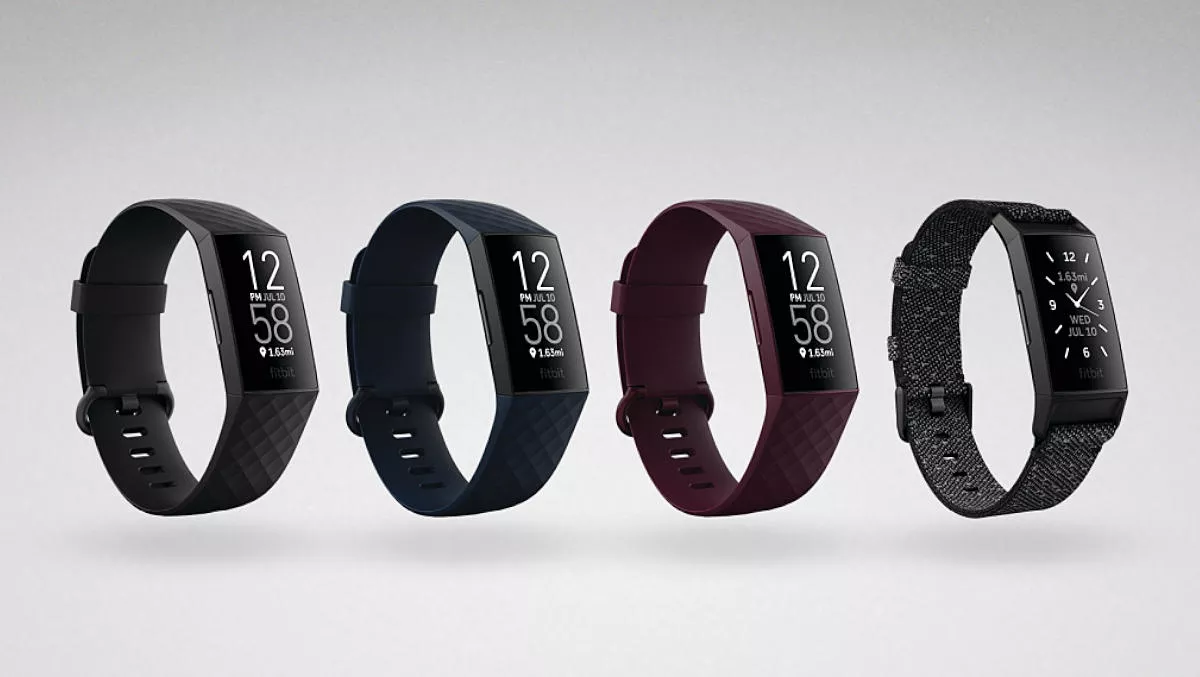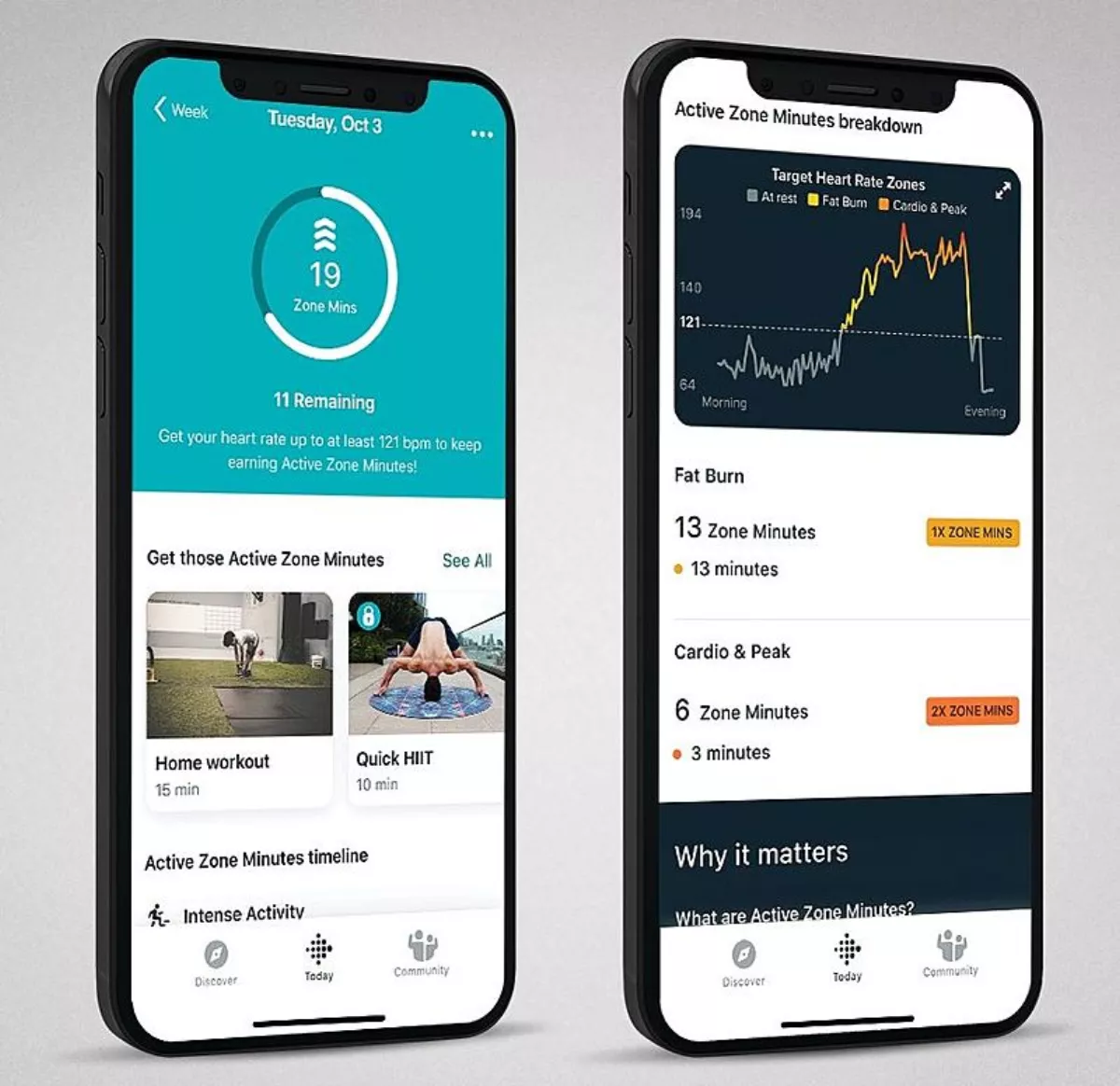
Fitbit's Charge 4 features inbuilt GPS and Fitbit Pay
Fitbit's renowned Charge fitness tracker is welcoming the fourth iteration to its product line – the Charge 4.
Available for pre-order, the Fitbit Charge 4 is the latest in the range to feature what Active Zone Minutes, which essentially personalises baselines from your resting heart rate and encourages you to spend 150 minutes a week pushing your heart rate to defined zones, such as cardio.
Why 150 minutes per week? Fitbit says the recommendation is based on information from the likes of the World Health Organisation and the American Heart Association, which recommend getting 150 minutes of moderate or 75 minutes of vigorous activity each week.
That amount of exercise has been linked to better overall health and well-being, disease prevention, improved cognitive function, less anxiety, and better sleep.
As Fitbit explains, "Get real-time alerts on your wrist each time you change zones so you can push harder or scale back to make your workouts more efficient. After a workout, see a detailed summary of your heart rate zones in the Fitbit app, including progress toward your goals, so you can continue challenging yourself to make every minute count.
Active Zone Minutes will be available first on Fitbit Charge 4, with an expected roll out to all Fitbit smartwatches in the near future.

The Charge 4 is also the first of Fitbit's trackers that features inbuilt GPS, which means your pockets (if you have any) aren't weighted down by your phone when you're out running, or walking.
Fitbit's Sleep Score is also available for Charge 4. It was previously only available on Fitbit smartwatches.
Sleep Score is able to analyse sleep quality, while smart wake will use machine learning to wake you at the 'optimal' time.
The Charge 4 also features a sensor that can estimate the oxygen levels in your bloodstream. The relative SP02 sensor feeds information into Fitbit's Estimated Oxygen Variation Graph in the Fitbit app, and can hint at breathing variations during sleep.
Design-wise, the Charge 4 is slim and lightweight according to Fitbit, with a swimproof design (it's water-resistant to 50 metres), and a touchscreen display. Those readers who have used the older Charge 2 will remember that the tracker and the strap can be chunky, at best – so the Charge 4 may well be a welcome improvement (We hope to test this out in a review - watch this space!)
The Charge 4 can last up to seven days before it needs a charge, or five hours with continuous GPS usage.
Charge 4 also features a few more things that you'd expect from a smartwatch more than a fitness tracker, like Fitbit Pay (which works with ASB Bank), Spotify, call, text, agenda, app notifications, and do not disturb mode.
"Our mission has always been to help people around the world get healthier. In today's extraordinary times, that mission is more important than ever but we realise how hard it is to focus on your health and wellness. However, staying active, eating well and getting enough sleep can help reduce stress and boost immunity," says Fitbit's CEO and cofounder James Park.
Fitbit is also offering a free 90-day trial of Fitbit Premium for new users. The subscription, priced at $16.99 per month, offers access to content such as mindful eating, strength training, and even Get Fit Bingo.
Pricing - availability
Pre-order the Charge 4 and Charge 4 Special Editions are available now, with the product expected to hit shelves in May.
- Charge 4 is available for NZ$269.95 in black, rosewood and storm blue/black.
- Charge 4 Special Edition is available for NZ$289.95 in an exclusive granite reflective/black woven band, plus a classic black band to easily swap out for workouts or a 'sportier' look.
Fitbit has also announced a new feature on its app dashboard for anyone who has the Fitbit app. The Fitbit COVID-19 Resource Hub provides tools including: reminders to move, reminders to wash your hands and Fitbit challenges to connect their devices with friends and family to stay connected.
The Resource Hub also has real-time updates from organisations such as the World Health Organisation to stay safe, informed, and healthy.


